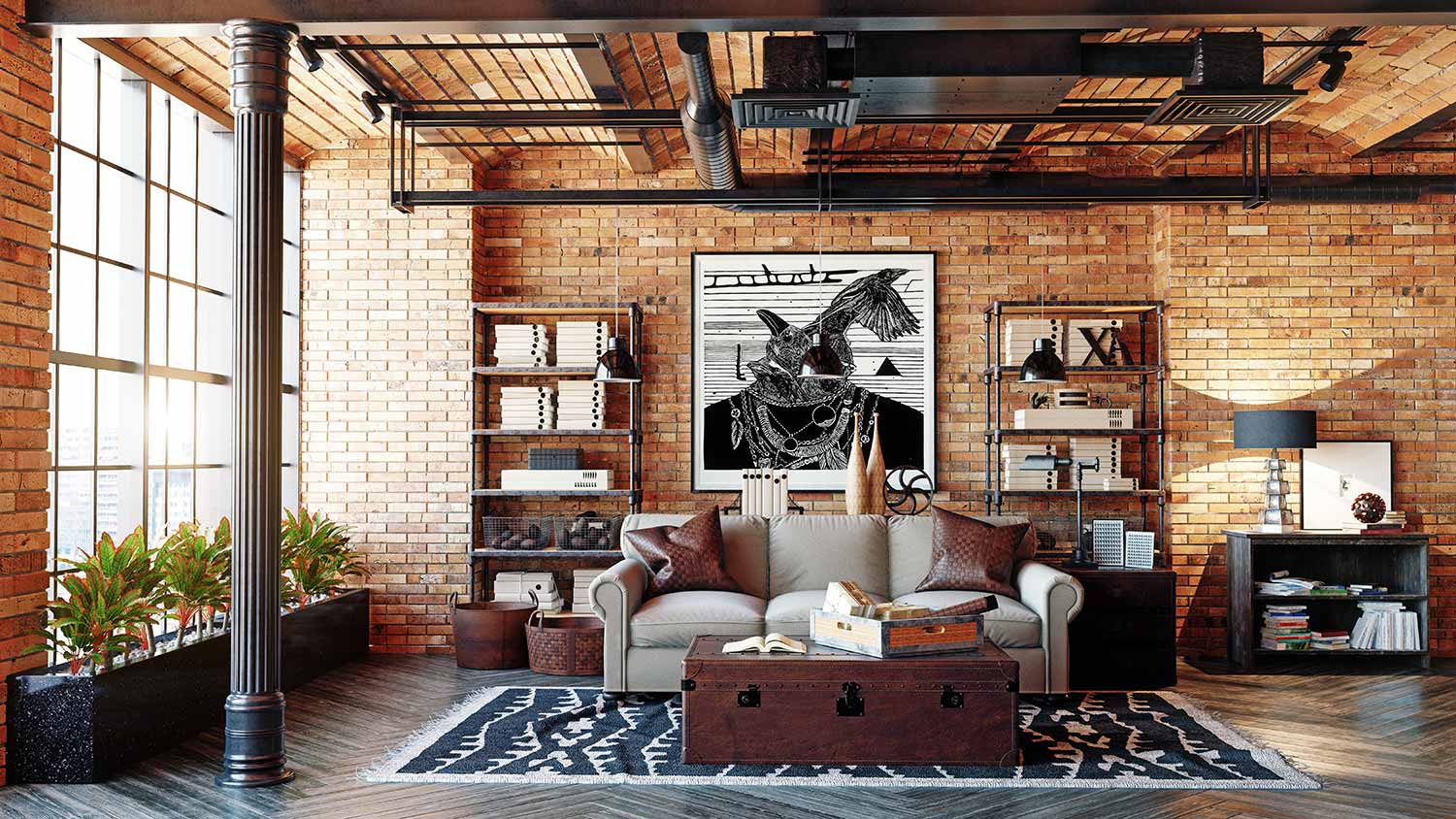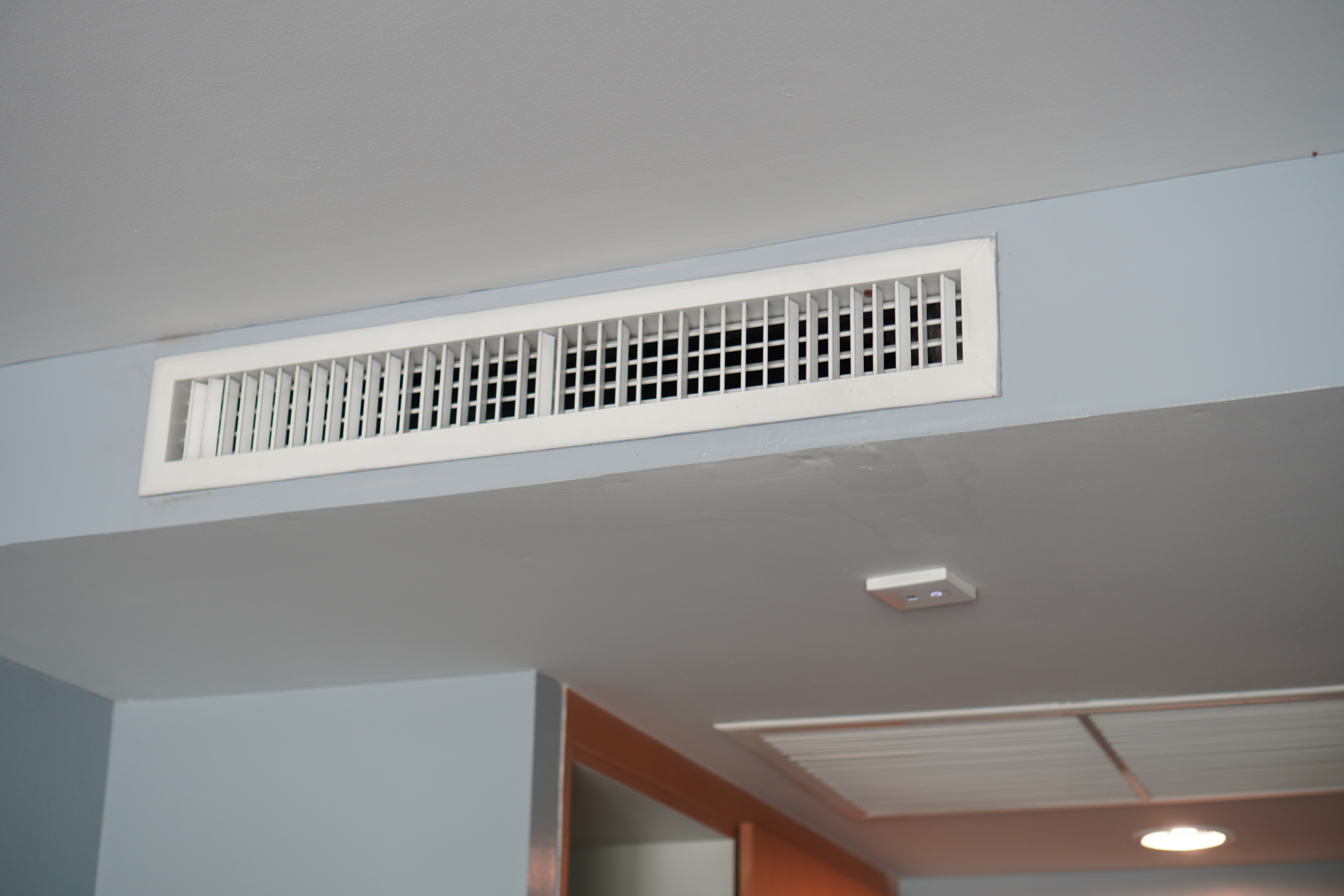
Whole-house air purifier costs depend on a variety of factors, including your home’s size and layout. The type of purifier you choose matters, too.
For the health of your HVAC system, don’t ignore rattling, hissing, or squealing vents


Your HVAC system should make a gentle whooshing sound as it’s running.
You shouldn’t hear clicking, banging, or other odd noises from your vents.
Fixing the issue could be as simple as opening your vents or replacing your air filter.
More severe issues will require help from an HVAC specialist.
Hearing a little noise when your HVAC (heating, ventilation, and air conditioning) system is running is completely normal. But if you hear strange sounds, like rattling, clicking, squeaking, or grinding, it’s time to take a look. Here’s what causes noisy air vents and how to fix them.
So how can you tell which noises are normal and which ones are the signs of a bigger problem? You should only hear a low, blowing sound as the system moves cool or warm air through your vents. This noise shouldn’t be disruptive and will become more of a background noise as you lounge on the sofa or work at your desk.
The following noises coming from your ducts are more concerning:
Rattling
Clicking
Knocking
Banging
Hissing
Squeaking or screeching
Grinding
Buzzing
You’re probably pretty accustomed to the normal sound of your HVAC system, so if you hear something that sounds different from the usual, it’s probably time to call a local HVAC professional to take a look.
All ducts generate noise, but some sounds are cause for concern. A gentle humming or clicking is normal, but loud rattling, banging, buzzing, or whistling means you may have a problem requiring professional help. Some factors that cause excessively noisy ducts include dents or damage, loose metal parts, dirty or blocked vents, and closed dampers.

Some of these issues, big and small, can cause those strange sounds coming from your vents.
One common issue is that one or more of your AC and heating vents are closed or blocked. You may have left a piece of furniture pushed up against a vent after a thorough cleaning session, or, you might have intentionally closed vents in an unused room, thinking that you’re making it run more efficiently. However, both of these can actually cause the system to work improperly. This extra pressure can cause unexpected noises, so be sure your vents are all open and unobstructed to keep things quiet and running smoothly.
You should change your air filters every 90 days, but it’s easy to let this task fall by the wayside. Over time, dust and debris get trapped in your air filters. The filters will become less effective and can even become clogged if you aren’t regularly changing them.
You might also hear thumping, buzzing, or a high-pitched whistling sound due to dirty air filters. Try changing your HVAC filters to see if the sound goes away.
Even with air filters, debris can still make its way into the ducts. This can cause rattling, buzzing, or flapping noises as the air moves the debris around the ducts. If you’ve replaced the air filter and still hear these noises, call a professional to clean the air ducts. A local air duct installation company can likely handle the job for you.
If you notice an AC vent rattling noise or clanking sound, it could mean that your metal duct joints are loose or disconnected. Use metal tape to reconnect the joints, then call a local AC repair pro for a long-term fix.
A leaking refrigerant line will cause a hissing or bubbling noise as the refrigerant leaks. These noises are also related to valve leaks and compressor issues. Either way, these can be dangerous problems, so don’t try to handle this issue alone. If you hear hissing or bubbling through the vents, turn off the HVAC system and consult a heating and cooling professional near you right away.
You might notice a “click” when your air kicks on or shuts off. This sound is normal. But constant clicking could mean issues with the electrical control through the thermostat. There could also be a system relay disruption. Replacing an old relay switch involves carefully handling wires on the old and new relays, but you can hire a professional to fix a relay switch for anywhere from $15 to $300.
Several sounds can indicate potential problems with the HVAC system’s motor. Banging or rattling could mean loose motor parts, whereas humming could signify a bad or unbalanced motor. High-pitched sounds, like squealing or screeching, might mean a worn belt or issues with the motor bearing.
AC motor repair costs about $300 to $600 to hire a professional. Attempting to fix an HVAC motor without the proper expertise could lead to further damage to the compressor and higher repair costs.
Compressor problems can have big consequences, so address them quickly. Hissing could indicate that compressor pressure is too high while humming might mean a strained compressor. A failing compressor might also make a grinding noise. You must have a license to handle refrigerants, so you’ll need to call a professional budget for AC compressor costs. This will cost an average of $1,200.
Ducts that are too narrow can also make noise. If your vents are particularly narrow, you'll likely hear a loud whooshing noise due to air pushing through the confined space. Narrow ducts are also more likely to cause noises when debris builds up.
Poorly installed ductwork can increase the velocity of air moving through ducts, which can cause noise. Also, flexible ducts can sag or twist if they aren’t installed correctly, making it harder for air to move through them. As a result, pressure can build up inside the ductwork, and lead to a noisy air vent. The same thing can happen if your return vents are too large for your ducts or installed in the wrong place.
Noisy air vents aren’t just annoying—they can warn you that there’s a serious problem with your HVAC system. The longer you ignore the noises, the worse the problem becomes. That could mean a dangerous scenario or costly repairs down the line.
If you hear noises like whistling, it could be an issue you can resolve without professional help. Check that all your vents are open, and change your air filter if you haven’t in the last three months.
You can also remove vent covers and check ducts for small items that might have become trapped, like nails or toys. If you suspect disjointed ducts, you can remedy the issue with metal tape to reconnect the ducts and hold them in place, at least until you can hire a professional for a more permanent fix.
All other issues will require professional help. HVAC system noises could be a sign of major and risky problems that need skilled assistance.
When your vents are closed, there are fewer places for air to leave your ducts, which can increase the pressure inside the duct system. Sometimes, this pressure can lead to your AC vent making noise. Luckily, you can prevent this by opening all of the vents throughout your house.
Replacing dirty air filters helps your HVAC system run more efficiently, which could help extend its lifespan and lower your energy bills. Make a habit of checking it monthly and changing the HVAC filter every three months or so. If you use thicker filters (between 5 and 6 inches), you may only need to replace them every six to 12 months. However, if you smoke inside, own pets, or have allergies, you’ll likely need to swap out your filters more often.
Cleaning your ducts can reduce allergens and improve the overall air quality in your home, helping you breathe easier. If you hire a professional for the job (which we suggest you do), they may be able to figure out why your vents are making noise. Even if they can’t pinpoint the exact problem themselves, they can recommend what to do and who to call next. Typically, air duct cleaning costs between $150 and $780, with most people paying around $380.
To keep your HVAC system performing at its best—and quietest—there are a few things to remember. Make sure you keep all vents clean and clear of debris and obstacles like furniture. Check vents after storms for leaks or signs of trouble, like if you see water dripping from your AC vent. Avoid closing vents unless absolutely necessary to avoid putting additional pressure on the HVAC system. Don’t forget to replace those air filters, too.
Even with regular attention and maintenance, your HVAC system can end up causing noisy air vents. Take those sounds seriously, and call a professional to identify and solve the problem as soon as possible.
From average costs to expert advice, get all the answers you need to get your job done.

Whole-house air purifier costs depend on a variety of factors, including your home’s size and layout. The type of purifier you choose matters, too.

Curious about air duct cleaning costs? Get insights into pricing factors, benefits, and how to tell when it’s time for a good cleaning.

Dusty return air vents can wear out an HVAC system. Learn answers to why is my return air vent so dirty, plus ways to prevent dirty return air vents.

Do you detect a strange smell coming from your home’s ductwork? Learn how to remove odor from air ducts with this step-by-step guide.

Air duct sanitizing removes bacteria, viruses, and pathogens from ductwork to help reduce the risk of getting sick from your home’s air.

Air duct cleaning is a very common service, but is it necessary for your home? Here are the signs to watch for and when duct cleaning is beneficial.